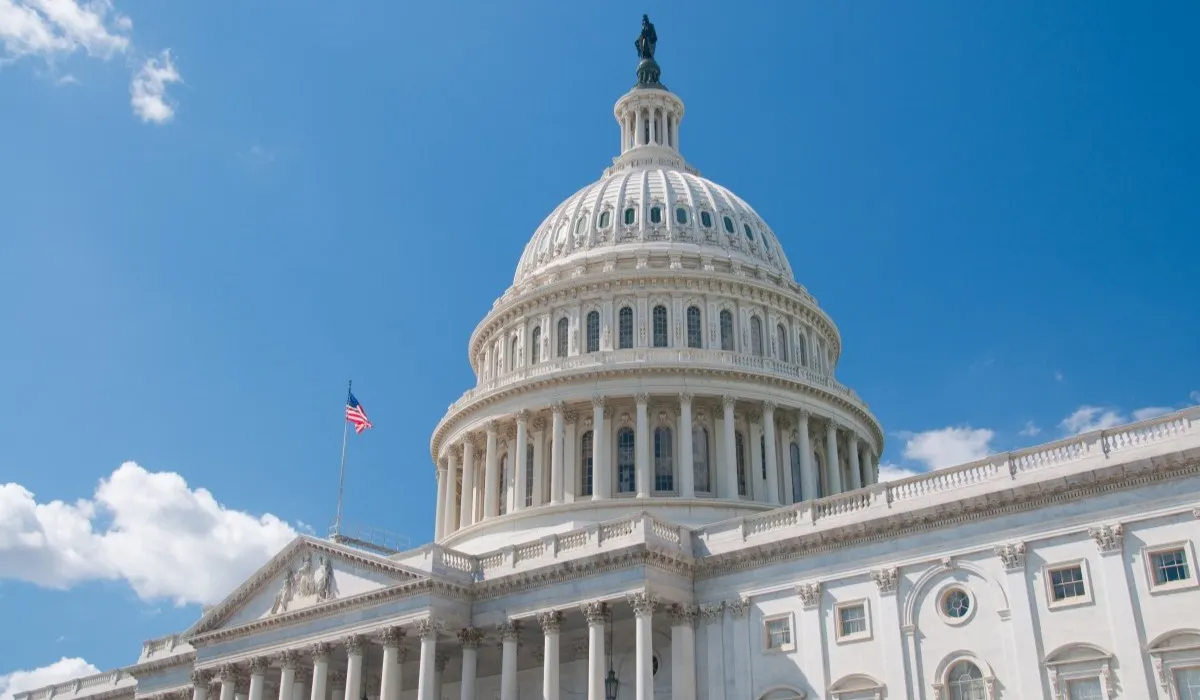The reintroduced housing law would cover construction, renovation, land use and more

A coalition of Democratic lawmakers in the US Senate And House of Representatives have reintroduced a bill intended to address housing problems by rehabbing or building millions of additional units in an effort to lower costs for renters and homeowners.
Known as the American Housing and Economic Mobility Act, the bill would provide funding to “build or renovate nearly 3 million homes over the next decade and reduce rents by 10% for lower-income and middle-class families, making it average family is saved.” $140 per month,” according to an announcement issued by the office of Sen. Elizabeth Warren (D-Mass.), which included analysis of Moody’s Analytics.
The proposed funding would primarily come from returning estate tax thresholds to January 2009 levels. The legislation would also “implement more progressive rates above those thresholds and close certain loopholes,” according to the announcement.
Democrats are the only lawmakers who have signed on. The bill was introduced in the Senate by Warren and Raphael Warnock of Georgia, both of whom serve on the Senate Banking, Housing and Urban Affairs Committee. The House version was introduced by Representative Emmanuel Cleaver of Missouri, ranking member of the Housing and Insurance Subcommittee of the House Committee on Financial Services.
Six senators – five Democrats and one Independent – have signed on as co-sponsors in the Senate, while the House version has received support from 20 Democratic members.
“The only way to get our country out of this housing crisis is to build more housing so everyone has a place to call home,” Warren said in a statement. “My bill will make bold investments in our nation’s housing and encourage local innovation to lower housing costs even further – and it will all be paid for by having America’s wealthiest families contribute.”
Senator Warnock and Representative Cleaver added that addressing housing issues remains a critical part of creating better prosperity and security for more Americans.
“The failure to address our national housing shortage has driven up costs that make home ownership more difficult, increased rental burdens in communities across the country, and left far too many Americans homeless,” Cleaver said in a statement.
“Not only does this prevent the American working class from obtaining safe, stable, and secure housing, but it also prevents millions of our fellow citizens, especially those from minority communities, from climbing the economic ladder and building generational wealth.”
In addition to providing funding for an estimated 3 million housing units, the bill would also seek to “provide relief to people affected by the failure of federal housing policy” by providing down payment assistance; The U.S. Department of Veterans Affairs (VA)-guaranteed loan eligibility for the descendants of certain veterans; creating incentives for local governments to “eliminate unnecessary land use restrictions”; and limits the role of private equity in housing construction.
The proposed bill has received support from nearly 50 nonprofits, including labor unions and housing advocates. Some groups that have expressed support include the National Coalition for Low-Income Housing (NLIHC), the National Coalition for Community Reinvestment (NCRC), and the American Federation of Labor and Congress of Industrial Organizations (AFL-CIO).
In addition, a coalition of Massachusetts mayors, civil rights and housing advocacy groups have submitted letters of support. The Native American Indian Housing Council passed a resolution in 2019 endorsing the bill, which Senator Warren’s office said “remains in effect today.”
The announcement from Warren’s office contains several sources for the bill, including the accompanying bill direct textthe above mentioned Moody’s analysisand statements of support from unions, advocacy groups and others.
Housing remains a key issue during the 2024 political season as Americans prepare to go to the polls in November to determine the next president, along with the balance of power in both houses of Congress. Younger voters – especially Gen Z voters – have recently expressed serious concerns about the cost of housing,
Earlier this year, House lawmakers formed a bipartisan real estate caucus in recognition of the industry’s major role in the U.S. economy. While some lawmakers have indicated or are involved in more housing-related activity, many also understand that passing any meaningful legislation in the period immediately leading up to the election is an uphill battle.




